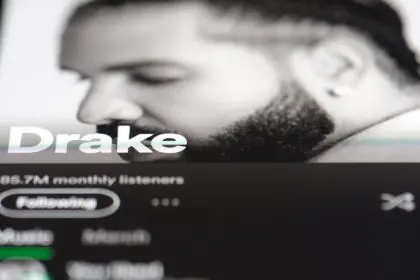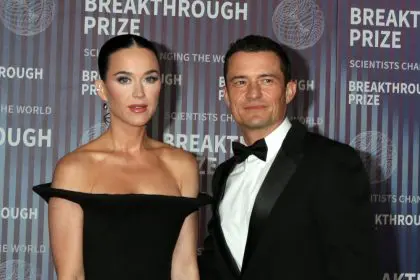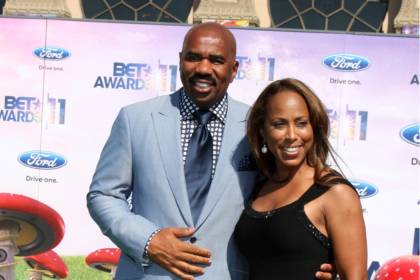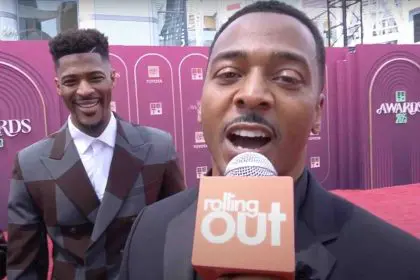Fans highlight apparent disconnect between Wayne’s Belichick praise and Kendrick critique

The social media spark
In an unexpected twist, Lil Wayne‘s recent public endorsement of Bill Belichick’s career move sparked a controversy that quickly spilled beyond the realms of sports and into the cultural landscape of hip-hop. What seemed like a harmless moment of praise on December 12 quickly turned into a point of contention, revealing deeper issues of recognition and support within the hip-hop community. Initially, Wayne’s statement, posted on X, was intended to celebrate Belichick’s new role at the University of North Carolina, but it instead ignited an ongoing debate over consistency in supporting peers, especially within the competitive world of music.
A tale of two reactions
The controversy began with Wayne’s enthusiastic defense of Belichick, which quickly contrasted with his earlier, far more reserved reaction to Kendrick Lamar’s announcement regarding his involvement in the Super Bowl halftime show. Fans of both artists quickly noticed the disparity in Wayne’s level of support, creating a divide in how the rapper appeared to value the achievements of his peers.
While Wayne expressed admiration for Belichick, his response to Lamar’s Super Bowl announcement had been less supportive, even somewhat dismissive. This glaring inconsistency between the two high-profile figures sparked fierce debate online, particularly among fans of Kendrick Lamar. The situation underscored the complexities of relationships within the hip-hop industry, where the competition for recognition and respect often leads to fractured friendships and misunderstandings.
Fans of Kendrick Lamar saw Wayne’s comments as an indication of favoritism, perhaps even questioning the true nature of Wayne’s support for Lamar, considering their past collaborations and the level of success both artists have enjoyed. Meanwhile, Wayne’s defenders argued that his remarks about Lamar were misunderstood and that his intentions were never to discredit Kendrick’s achievements.
The musical response
In response to the escalating tension, Kendrick Lamar’s musical artistry offered a subtle yet powerful rebuttal. On his album GNX, Lamar used his platform to address both personal and professional grievances, incorporating his thoughts on the nature of support among hip-hop’s elite. The album, which explores themes of loyalty, recognition, and personal growth, made it clear that Kendrick had internalized the public feud and had been deeply affected by Wayne’s perceived lack of support.
Lamar’s lyrics subtly reference the lack of recognition he felt he received from Wayne, while also addressing broader issues of validation in the music industry. His artistic response was not only a direct commentary on his relationship with Wayne but also a reflection of the larger challenges that many artists face when seeking acknowledgment within their own community. Kendrick’s move demonstrated how music can serve as an outlet for addressing personal conflicts, using the song lyrics as a means of navigating the complex dynamics of peer relationships within the industry.
While Kendrick’s music was not overtly hostile, it certainly raised important questions about the pressures of support in the music world and the deep personal impact these perceived slights can have on artists. Through his art, Lamar provided a space for fans to reflect on the broader issue of loyalty in hip-hop.
Escalating tensions
What initially appeared to be a disagreement over public comments soon morphed into a much larger narrative about respect, recognition, and power dynamics within hip-hop. As the debate continued online and in the media, Wayne doubled down on his stance, warning Lamar that the situation could lead to “destruction.” This cryptic statement seemed to signal that there were deeper issues at play, ones that extended far beyond an isolated instance of miscommunication.
Wayne’s defense of Belichick only further fueled the fire, as fans began to perceive a broader pattern of selective support from the rapper. His refusal to engage directly with Lamar about the Super Bowl incident left many to speculate about the real nature of their relationship. Meanwhile, Lamar’s subtle responses in his music hinted at unresolved tension and disappointment, adding fuel to the notion that this was not just about one comment or disagreement but a longstanding issue within the hip-hop community.
The exchange also highlighted the power imbalance that often exists in peer relationships within the music industry, where established artists can unintentionally diminish the accomplishments of rising stars. The question of who gets to decide which peers are worthy of support has remained a central issue, reflecting broader conversations about gatekeeping and inclusivity in hip-hop.
The path forward
Despite attempts to reconcile, the lack of direct communication between Lil Wayne and Kendrick Lamar has only intensified the situation. Reports suggest that both artists have made efforts to resolve the tension, but without a face-to-face discussion, the conflict remains unresolved. The lack of closure has left both fans and industry insiders to wonder what the future holds for these two icons of hip-hop.
This ongoing friction highlights the broader challenges within the music industry: the struggle for recognition, the pressure of public expectations, and the difficulty of maintaining genuine relationships in a highly competitive environment. The failure of high-profile artists to address conflicts directly and openly underscores a critical issue in the music world, where ego, rivalry, and pride often overshadow opportunities for collaboration and growth.
As the situation continues to develop, the larger question remains: How can hip-hop, an industry that prides itself on loyalty and respect, foster a culture of mutual support that transcends personal differences? The answer may lie in how both Wayne and Lamar approach this standoff—whether they choose to engage in open dialogue or allow the rift to widen further. The outcome of this public feud could have lasting implications for both artists, as well as the culture of hip-hop itself.














